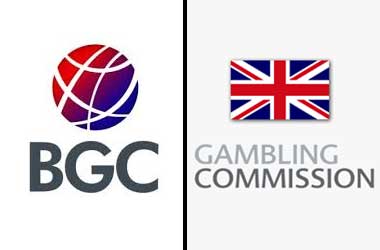New Swedish COVID-19 Casino Regulations Could Push Players To Unlicensed Sites

Sweden’s gaming regulator Spelinspektionen has expressed doubts about the new regulations expected to be introduced by the government, intended to protect Swedish punters while the COVID-19 pandemic continues.
Ardalan Shekarabi, Sweden’s Minister for Health and Social Affairs, suggested last month that the country should set compulsory caps on weekly deposits.
The suggested cap on deposit limits is SEK5,000 ($495) and the cap on bonus offers is SEK100 and will come into effect starting from June 1 until December 31 2020. Shekarabi also revealed that playing time will also be capped soon.
Spelinspektionen expressed that, while they agree with the rules in theory, they warned that it could also lead to reduced channelization, causing players to migrate to unlicensed sites, which would reduce protections for players in the long run.
Branschföreningen för Onlinespel, an association for Sweden’s operators, have also spoken out against the proposed rules, claiming that it would merely incentivize players to move to unregulated gambling sites in an effort to avoid the restrictions.
High-Volume Players Contribute Most to Yearly Losses
According to the Spelinspektionen, the deposit limit of SEK5,000 will apply on a per-operator basis, which means that players could conceivably deposit SEK5,000 with more than one operator. Spelinspektionen also noted that the SEK5,000 weekly limit is already high.
Spelinspektionen was unable to provide any details on how much is being deposited, but released data that showed the average losses incurred by Swedish customers. Based on data for 2019, the average citizen playing on regulated sites lost SEK3,043; if the data set is limited to just registered players, the average loss would total SEK5,072.
Spelinspektionen noted that the majority of the losses are accounted for by a small subset of high-volume players, estimated to be between 5 to 25% of the total player base, contributing 80 to 90% of the total incurred losses. Because such players can be considered problem gamblers, setting a weekly cap on deposits may force them to play on more sites, including black market sites that do not offer any player restrictions—increasing the already high risk of vulnerable players.
New Rules Could Push Players to Unlicensed Sites
Because punters who play in unlicensed sites are beyond the reach of Spelinspektionen, the regulator fears that they may be taken advantage of by unscrupulous operators. However, Spelinspektionen also admitted that the interruption of play for some players due to the new rules may help encourage responsible gambling practices.
Spelinspektionen also stated that limits on bonuses require a transition period to prevent operators from showering players with massive bonuses in late May to recoup potential losses.
Spelinspektionen approved playing time caps, but noted that the government must compel operators to contact players who set excessively long playing times.
Carolyn DuttonAuthor
Carolyn is our legislation expert, with a background in law she is able to cover the current state of gambling around the world





